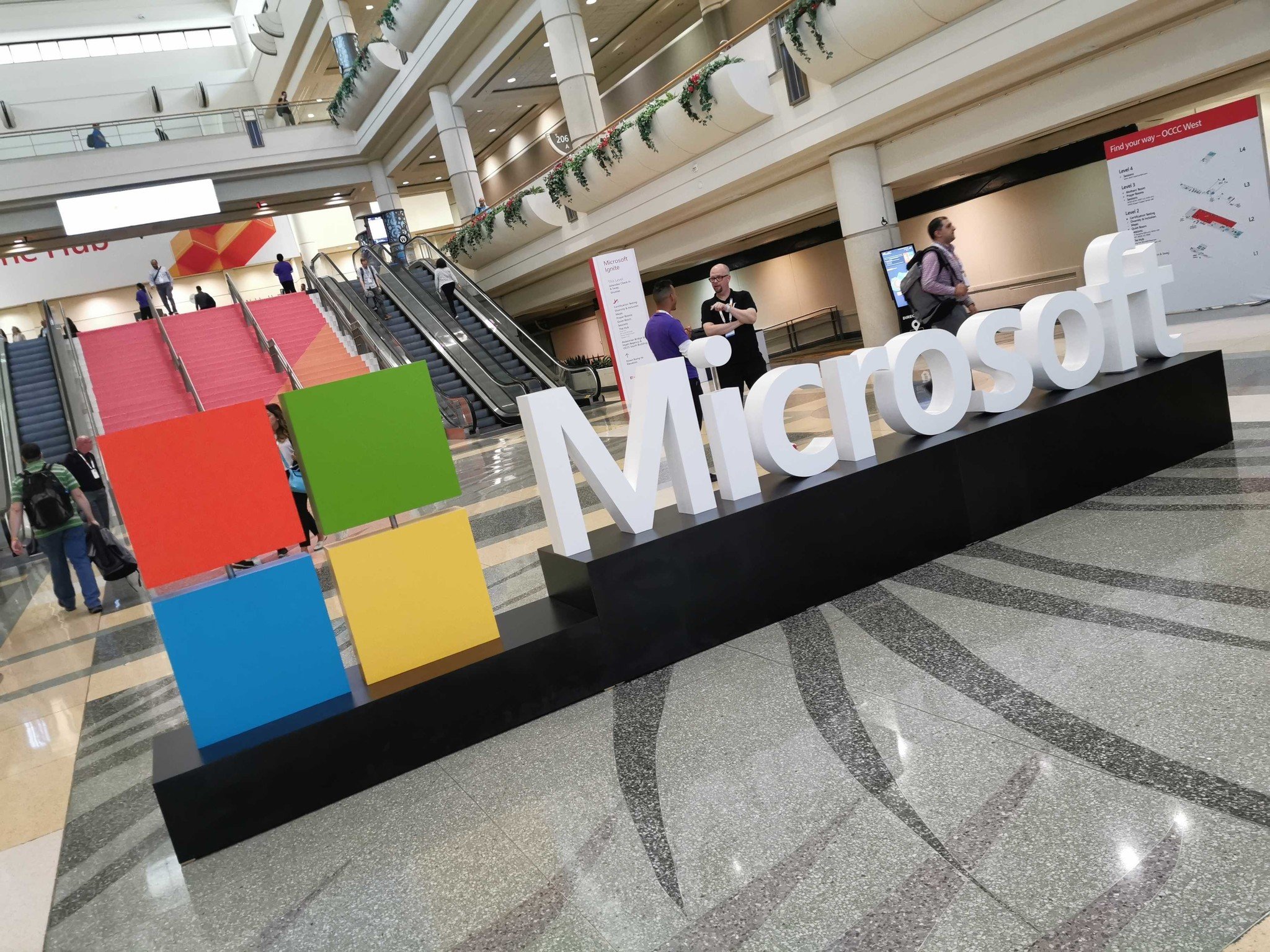Microsoft President calls on US to copy controversial Australian media law proposal
Microsoft's President doubled down on the company's stance on the controversial Australian media law proposal.

What you need to know
- Microsoft President Brad Smith says that the U.S. should copy Australia's controversial media law proposal.
- Australia's proposal would require Google and Facebook to pay local media outlets for content.
- Smith states that while Microsoft isn't subject to the current Australian proposal, that it would agree to it if designated.
Microsoft President Brad Smith recently shared a lengthy blog post on Microsoft's endorsement of the controversal Australian media law proposal. The proposed law would require Facebook and Google to pay local media outlets for content.
The proposal has seen severe backlash from Facebook and Google, including Google threatening to pull Google search from Australia altogether.
Smith's post does not back down from Microsoft's stance on the proposal. In fact, it states that the U.S. should copy the proposal.
The post starts with an explanation of how the internet has affected media outlets. Smith then points to an imbalance between the tech sector and the independent press:
The cure will likely require multiple medicines. However, part of an innovative prescription has emerged from halfway around the world. In Australia, Prime Minister Scott Morrison has pushed forward with legislation two years in the making to redress the competitive imbalance between the tech sector and an independent press. The ideas are straightforward. Dominant tech properties like Facebook and Google will need to invest in transparency, including by explaining how they display news content.Even more important, the legislation will redress the economic imbalance between technology and journalism by mandating negotiations between these tech gatekeepers and independent news organizations. The goal is to provide the news organizations with compensation for the benefit derived by tech gatekeepers from the inclusion of news content on their platforms.
The Microsoft President also discusses the reaction from Google and Facebook, and how it differs from that of Microsoft:
The reaction from Facebook and Google has been dramatic – and this is where we at Microsoft have entered the picture. Facebook said publicly that if the parliament passed the new law, it would stop Australian users from sharing news on its Facebook and Instagram platforms. Google went even further, stating repeatedly that, if the bill became law, it would pull its search service out of the country entirely. For Australians used to going to Google's clean-looking search page to type in a query, under the search bar they found a link to a video explaining that, if they wanted to continue to use the service, their government would have to back down.At Microsoft, we started 2020 by listing our policy priorities and saying that "technology needs to give the news business a boost." In October, we launched a new initiative to invest in and support local news and, through Microsoft News, we have been sharing a large portion of revenue with news publishers. In the hunt for better ideas, Google's threat to boycott an entire country got our attention.Satya Nadella and I reached out to Prime Minister Morrison. It was an opportunity to combine good business with a good cause and, as we explained, even if Google wanted to leave Australia, we would stay.
Smith states that Microsoft's reaction to Google has led to a change of tact from Google:
Our endorsement of Australia's approach has had immediate impact. Within 24 hours, Google was on the phone with the Prime Minister, saying they didn't really want to leave the country after all. And the link on Google's search page with its threat to leave? It disappeared overnight.Apparently, competition does make a difference.
Google is still fighting the proposal, but it is using different tactics, including sending proposals to news publishers.
Get the Windows Central Newsletter
All the latest news, reviews, and guides for Windows and Xbox diehards.
Smith's post concludes with a call for the U.S. government to copy Australia's proposal:
The United States should not object to a creative Australian proposal that strengthens democracy by requiring tech companies to support a free press. It should copy it instead.

Sean Endicott is a tech journalist at Windows Central, specializing in Windows, Microsoft software, AI, and PCs. He's covered major launches, from Windows 10 and 11 to the rise of AI tools like ChatGPT. Sean's journey began with the Lumia 740, leading to strong ties with app developers. Outside writing, he coaches American football, utilizing Microsoft services to manage his team. He studied broadcast journalism at Nottingham Trent University and is active on X @SeanEndicott_ and Threads @sean_endicott_.
